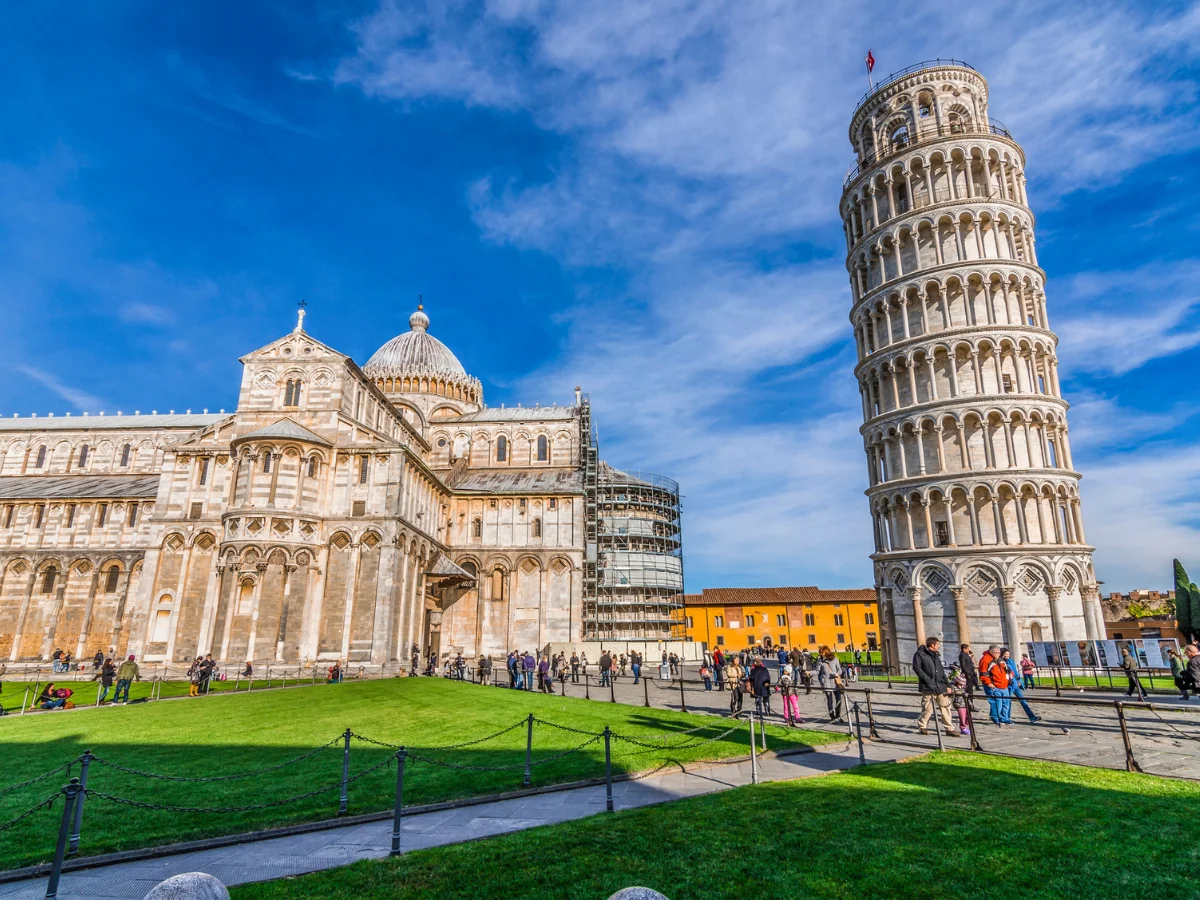Courts in Rome were vital for administering justice
Courts in Rome were vital for administering justice. They included Centumviral, Quaestio, and Concilium Plebis courts. Judicial proceedings involved presenting evidence and arguments. Judges or juries rendered verdicts and sentences. Legal representation was common, with parties hiring advocati. Legal precedent guided decisions, ensuring consistency. Access to justice was intended for all citizens. Rome’s legal system influenced modern legal practice. Principles of due process and the rule of law endure. The legacy of Roman courts continues to shape legal systems worldwide.

The Courts in Rome were vital for administering justice
In ancient Rome, the administration of justice was a critical aspect of governance, with various courts serving as forums for resolving legal disputes and upholding the rule of law.
Types of Courts
Rome had several types of courts, including the Centumviral Court for civil cases, the Quaestio Court for criminal trials, and the Concilium Plebis for matters involving plebeians.
Judicial Proceedings
Court proceedings typically began with the presentation of evidence by both the plaintiff and the defendant. Followed by arguments from legal representatives or the parties themselves.
Judicial Panels
Judges, known as iudices, presided over the courts, either individually or as part of a panel. Depending on the nature and complexity of the case.
Role of the Jury
In some cases, juries composed of Roman citizens were empaneled to render verdicts based on the evidence presented during the trial.
Legal Representation
Parties involved in court cases could choose to represent themselves or hire legal advocates known as advocati to argue their case before the judges or jury.
Verdict and Sentencing
After deliberation, the judges or jury would render a verdict, determining the guilt or innocence of the accused, and if found guilty, sentencing would be pronounced.
Appeals Process
In some instances, parties dissatisfied with the outcome of their trial could appeal to a higher court for a review of the decision.
Importance of Legal Precedent
Legal precedent played a significant role in Roman courts, with judges often referring to previous rulings to guide their decisions and ensure consistency in the application of the law.
Access to Justice
The Roman legal system aimed to provide access to justice for all citizens, regardless of social status, although wealth and influence often played a role in the outcome of court cases.
Legacy
The Roman system of justice left a lasting legacy, influencing legal systems throughout Europe and beyond. The principles of due process, impartiality, and the rule of law established by the Roman courts continue to shape modern legal practice.



